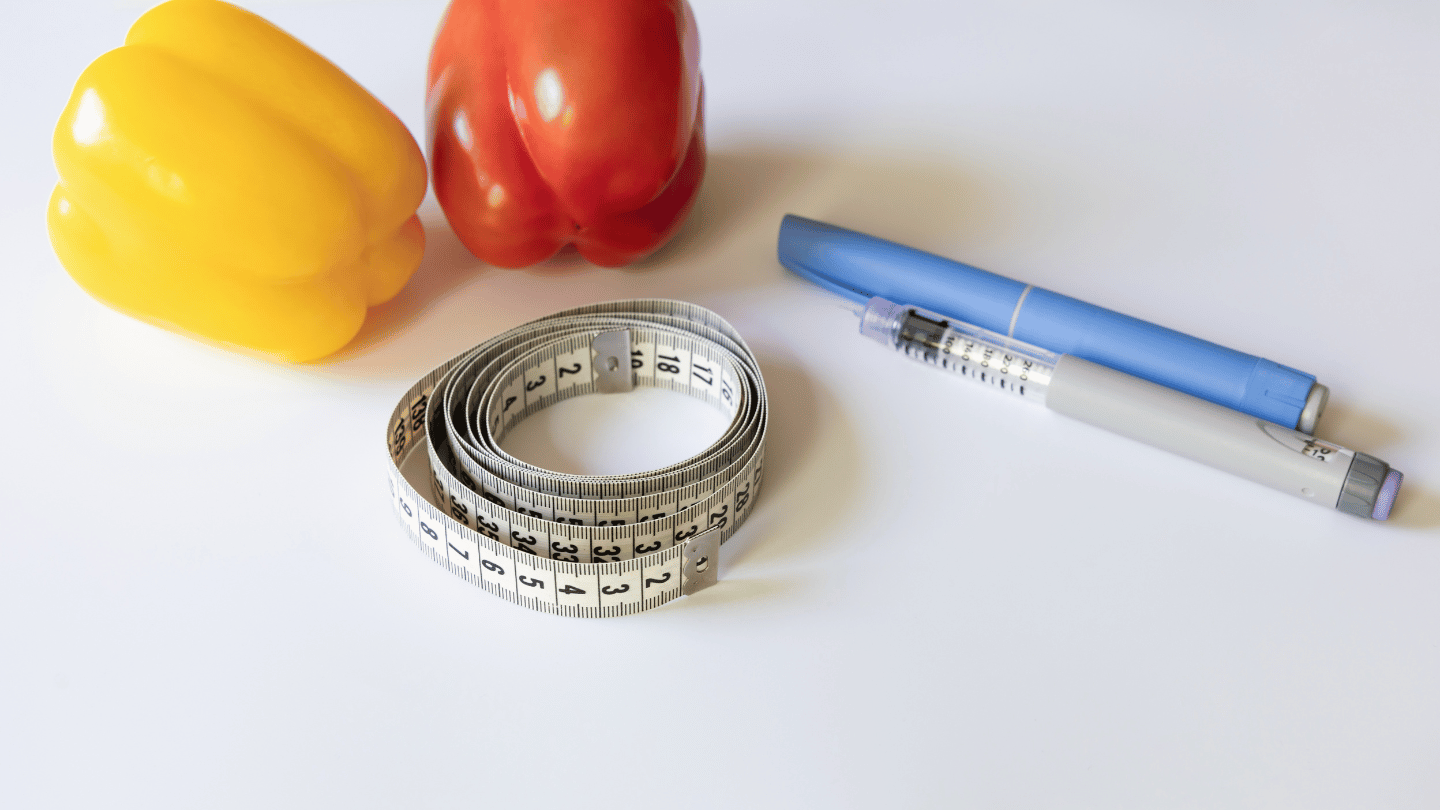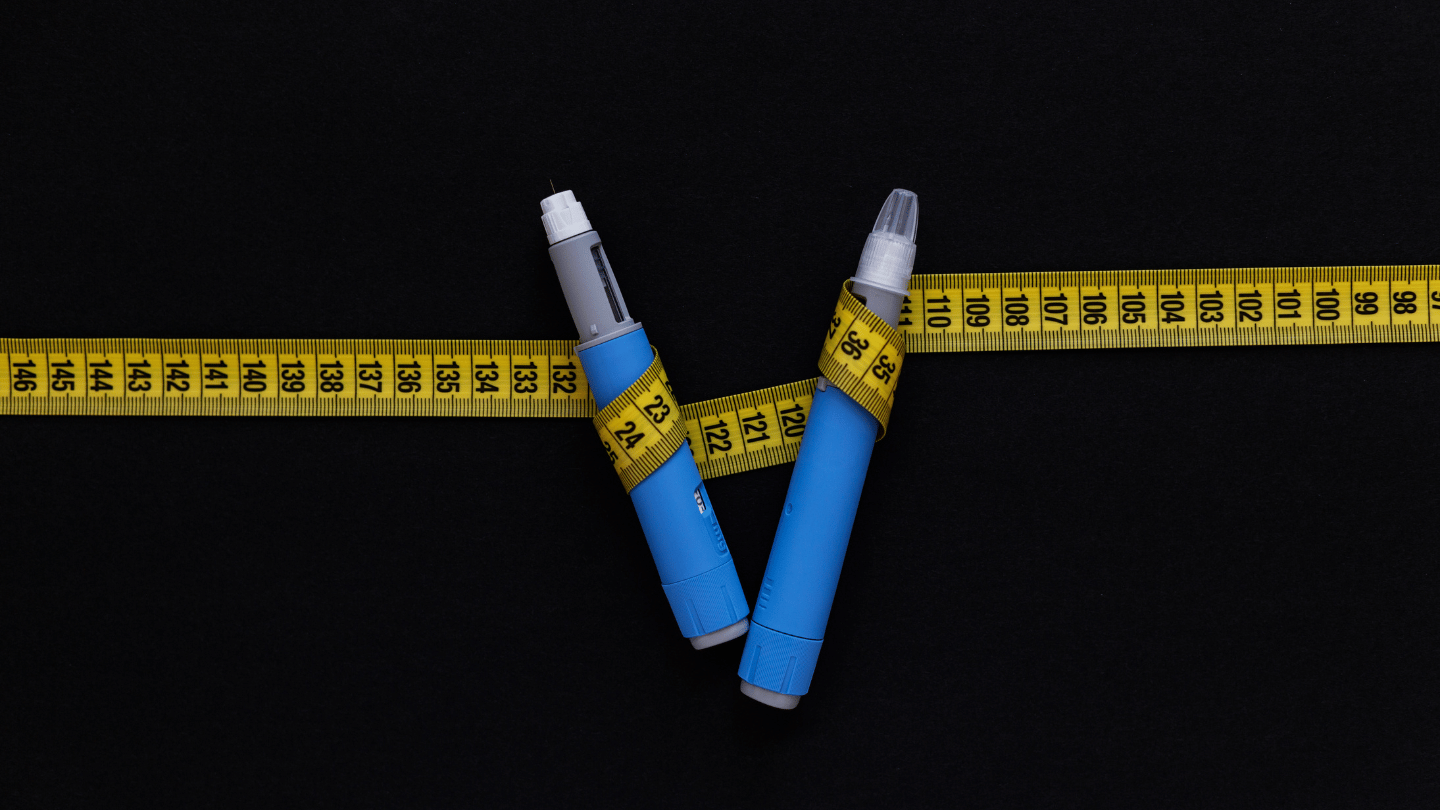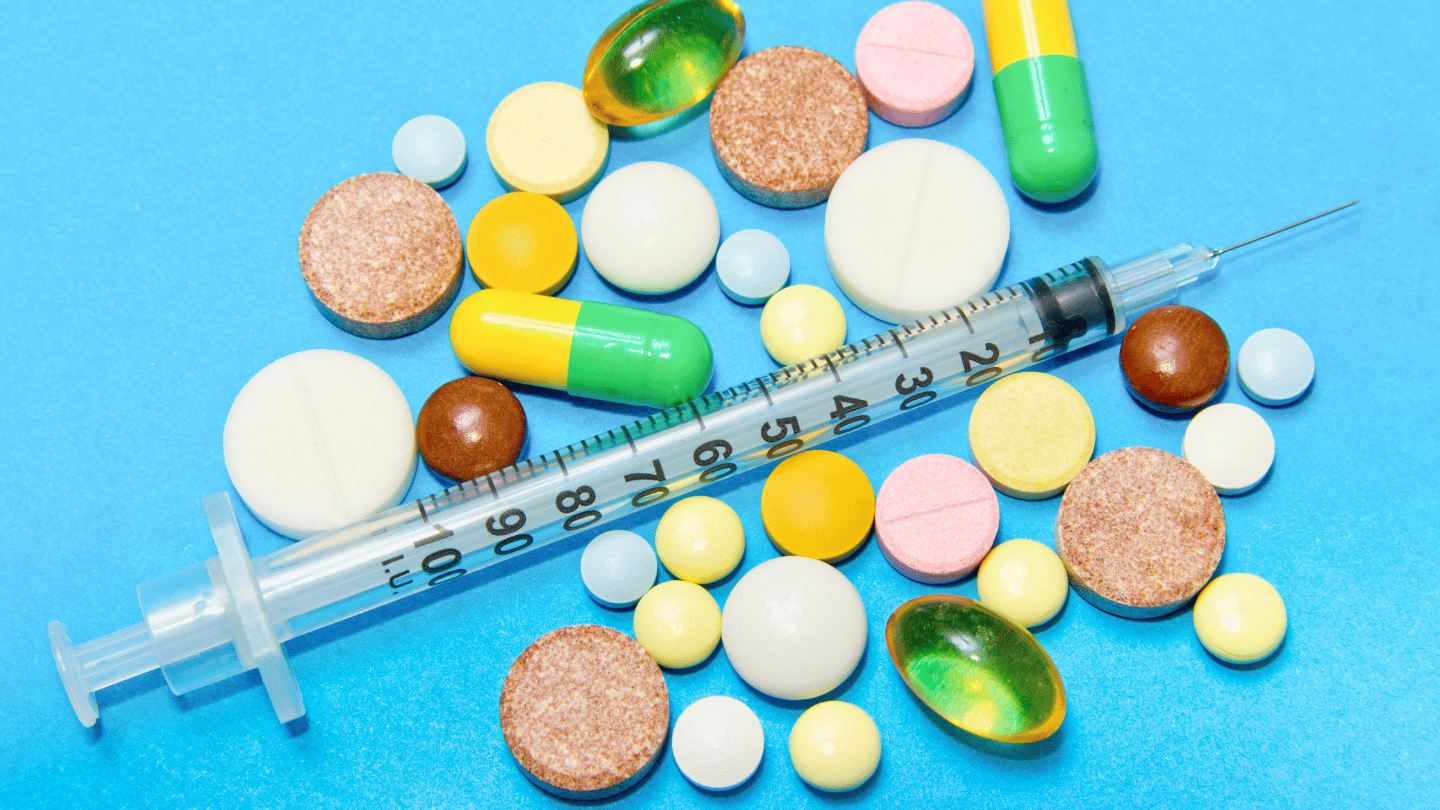A complete blood count, abbreviated CBC, is a crucial blood test that provides information about the cells in your blood, including red blood cells, white blood cells, and platelets. This test involves taking a small blood sample from a vein in the arm or hand and offers a comprehensive overview of your overall health.
Components of a CBC
Red Blood Cells (Erythrocytes)
- Function: Carry oxygen from the lungs to cells throughout the body and transport carbon dioxide back to the lungs for exhalation.
- Normal Values: 3.92 to 5.65 trillion cells per liter.
- Hemoglobin: 116 to 166 grams per liter.
- Hematocrit: 35.5% to 48.6%.
White Blood Cells (Leukocytes)
- Function: Fight infections and play a role in immune responses.
- Normal Values: 3.4 to 9.6 billion cells per liter.
- Differential Counts:
- Neutrophils: 2500 to 8000 per cubic mm.
- Lymphocytes: 1000 to 4000 per cubic mm.
- Monocytes: 100 to 700 per cubic mm.
- Eosinophils: 30 to 350 per cubic mm.
Platelets
- Function: Form blood clots to stop bleeding.
- Normal Values: 150,000 to 450,000 per microliter.
Interpreting CBC Results
Red Blood Cells
- Low RBC Count (Anemia): Anemia may cause fatigue, irregular heartbeats, chest pains, and menstrual irregularities. These symptoms can indicate various health issues, and the specific cause can be inferred from hemoglobin and hematocrit levels. For instance, iron deficiency or chronic disease can result in small blood cells with low hemoglobin, while vitamin B12 deficiency can cause overly large red blood cells.
White Blood Cells
- Differential Count: Often ordered when an infection is suspected or when the white cell count is high. Different white cells fight different infections:
- Neutrophils: Elevated in bacterial or fungal infections.
- Lymphocytes: Elevated in response to bacteria, viruses, fungi, parasites, or toxic chemicals.
- Monocytes: High levels can indicate viral or parasitic infections.
- Eosinophils: Elevated levels can signal parasitic infections or allergic reactions.
Getting a CBC Test
If you need a CBC but have difficulty securing a timely doctor’s appointment, QuickMD offers the convenience of ordering a CBC online without a doctor’s visit. Your blood sample can be collected at any LabCorp location in the US, ensuring reliable and accurate results. One of the QuickMD doctors will review your results and, if they are abnormal, discuss the next steps with you, providing professional guidance and support.
Get Your CBC Test with QuickMD
Take control of your health with QuickMD’s online lab ordering service. Order your CBC test today and get your results quickly. Then, you can discuss any abnormal findings with a healthcare professional from the comfort of your home. Don’t wait; start prioritizing your health now!
















